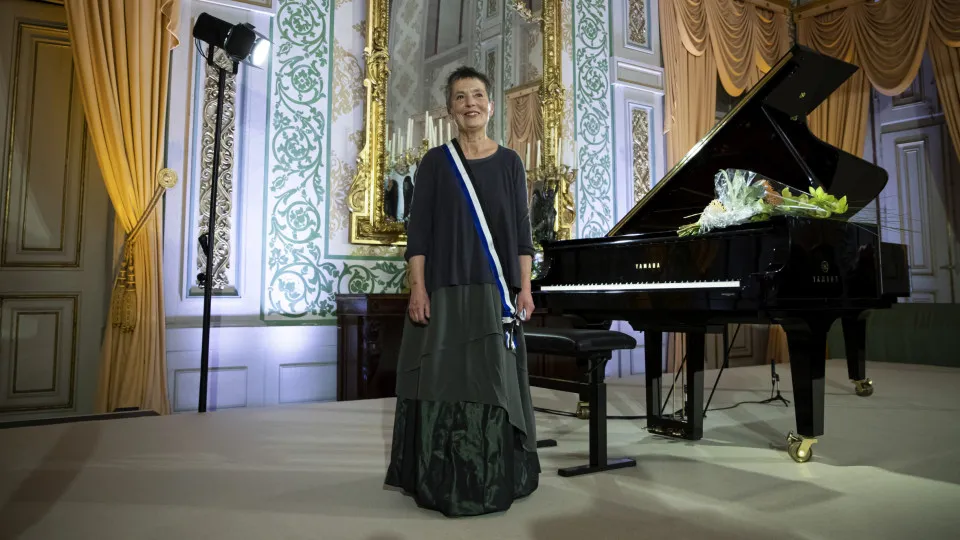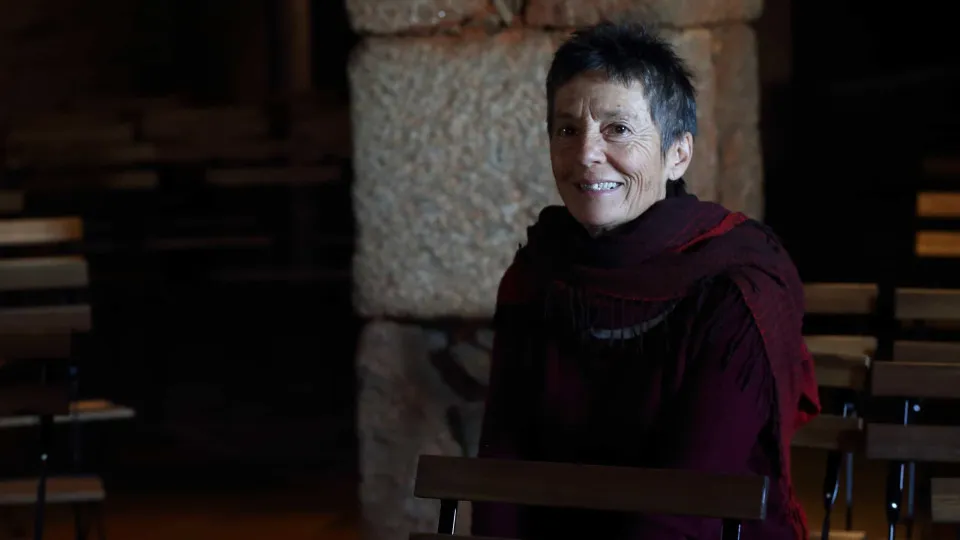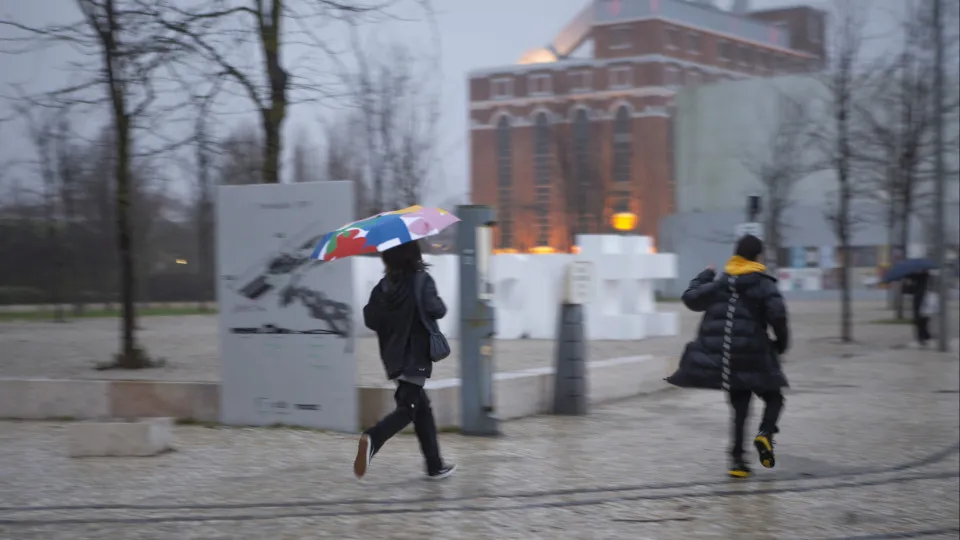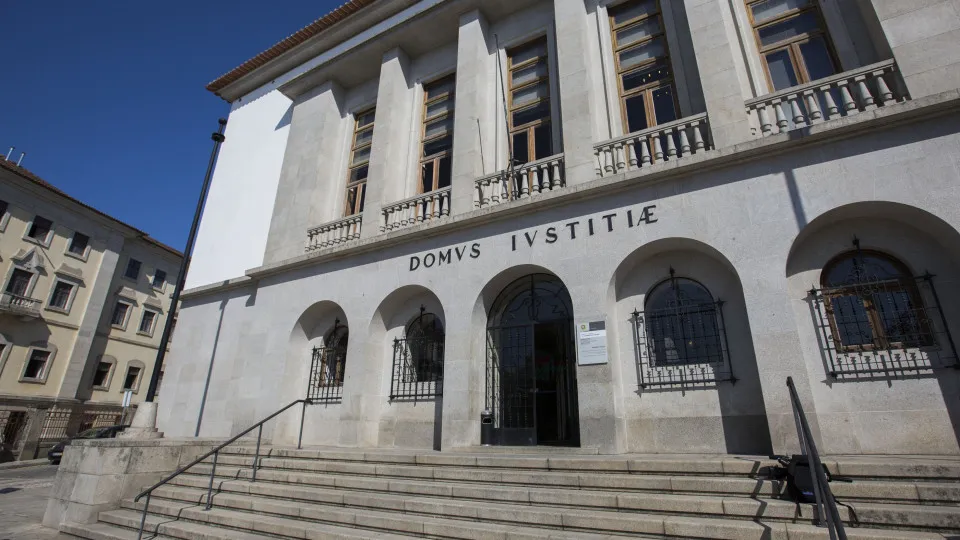
The European recognition honors the exceptional contributions of one of the greatest pianists of our time to the promotion of cultural heritage and European values, stated the National Culture Center (CNC) in September during the announcement.
According to the jury’s decision, chaired by Maria Calado, president of the CNC, “Maria João Pires is one of Europe’s most poetic and influential pianists. Besides being an extraordinary performer, she is a visionary educator, a cultural thinker, and a silent revolutionary in the field of musical heritage.”
In response to the award, Maria João Pires, cited in the CNC’s statement, said: “Having an award is akin to having an honor. To have an honor and be aware of it is to remember all the people who gave their time, collaborated, and helped to make this honor possible. Therefore, my first reaction will always be to say ‘thank you’ to everyone for this opportunity.”
The pianist, born in Lisbon in 1944, has become one of the “most internationally acclaimed artists,” noted the CNC, recalling Maria João Pires’s journey from her first public performance at the age of four to her rise to fame in the 1980s and 1990s.
Following her victory in the international Beethoven competition in 1970, her name became a staple in the programs of major concert halls worldwide and in the catalogs of the foremost classical music publishers: starting with Denon, for which she recorded the award-winning complete Mozart Sonatas (1974); followed by Erato in the 1980s, where she recorded works by Bach, Mozart, and one of the most celebrated renditions of Schumann’s ‘Kinderszenen’; and later Deutsche Grammophon, in 1989.
That year, she founded the Belgais Center for the Study of the Arts in Escalos de Baixo, Castelo Branco, an educational, pedagogical, and cultural project dedicated to music, offering interdisciplinary workshops, concerts, and recordings which, according to the CNC, may in the future be “shared with the digital community.”
In 2012, in Belgium, she started two complementary projects: the Partitura Workshops and the Partitura Choirs, aimed at children’s choirs from disadvantaged backgrounds, such as the Hesperos Choir.
Last June, Maria João Pires announced a temporary withdrawal from the stage due to a “cerebrovascular health issue.” At the time, she canceled concerts and recitals scheduled for Portugal and various European and Japanese venues.
Throughout her career, Maria João Pires has received the International Music Council Award from UNESCO (1970), the Pessoa Prize (1989), the Portuguese Government’s Medal of Cultural Merit, and the Personality of the Year/Martha de la Cal Award by the Association of Foreign Press in Portugal (2019), as well as the Praemium Imperiale (2024) from the Japan Art Association.
In terms of recordings, she has been honored four times by the Charles Cros Academy, regularly nominated for the Grammy Awards, and received a Gramophone Award, highlighting her interpretations of Schubert’s Sonatas and ‘Impromptus’, Chopin’s ‘Nocturnes’, and Concertos by Mozart and Beethoven.
The Helena Vaz da Silva European Prize was established in 2013 by the CNC, in collaboration with Europa Nostra and the Portuguese Press Club, with support from the Ministries of Culture, Youth and Sport, and Foreign Affairs, the Calouste Gulbenkian Foundation, and Turismo de Portugal.
Alongside Maria Calado, the jury included Francisco Pinto Balsemão, founder of the Impresa group; Piet Jaspaert, vice-president of Europa Nostra; João David Nunes from the Portuguese Press Club; Guilherme d’Oliveira Martins, administrator of the Gulbenkian Foundation; Irina Subotic, president of Europa Nostra Serbia; and Marianne Ytterdal from the Council of Europa Nostra.




